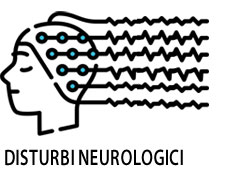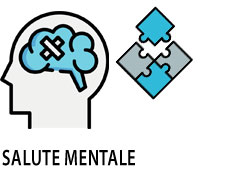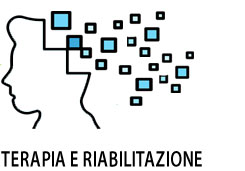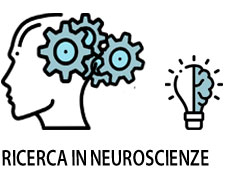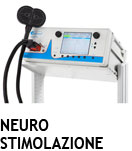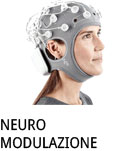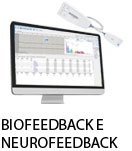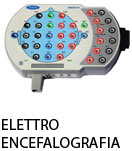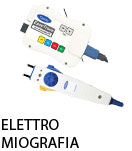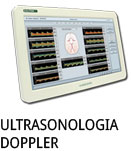- +39 011 5821948
- info@geasoluzioni.it
- Lun - Ven 8:00 - 17:30
Pubblicazioni
Transcranial Magnetic Stimulation to treat Substance Use Disorders and Behavioral addictions: the state of the art
- Abstract:
- Objectives: Substance Use Disorders (SUDs) are characterized by a high health and social impact, care burden, and frequent negative outcomes, especially due to the few pharmacological treatments available, the high relapse rate and poor pharmacological compliance. In this scenario, TMS is increasingly being studied as a tool to treat the neurbiological dysregulations underlying SUDs in an innovative way. The aim of this non-systematic review is to analyze the main and most significant applications of Transcranial Magnetic Stimulation in the field of addiction. Materials and methods: A PubMed search was conducted using the keywords: “Transcranial Magnetic Stimulation; and Substance Use Disorder; Behavioural Addiction” in December 2020. Only original article written in English dealing with the treatment of cocaine, opioids, alcohol, cannabis and gambling disorder were included. Results: Three hundred and thirty-four article were found. Based on the current evidence, rTMS can be classified as probably effective in the treatment of addiction, with promising effect size for high frequency rTMS stimulation protocol of the DLPFC mainly in cocaine/stimulant use disorders, and with some noteworthy pilot data in the area of gambling disorder. Double-blind, sham-controlled study design are mostly needed in order to confirm these potential benefits. Conclusions: Future research should identify potential parameters (i.e., duration, number of stimulation treatments, stimulation frequency, intensity, brain region of target) of stimulation in rTMS studies for the most effective and safe treatment of drug addiction. The personalization of rTMS treatments, as well as the optimization of stimulation protocols, are the main issues that will involve future research in this area.
- Patologie/Applicazioni:
- Anno:
- 2021
- Tipo di pubblicazione:
- Articolo
- Parola chiave:
- TMS; Dipendenze patologiche; Disturbo da uso di sostenze; SUD; Cocaina; Oppioidi; Alcol; gioco d'; azzardo; Dipendenze
- Testata scientifica:
- Journal of the Italian Society of Psychiatry
- Nota:
- In questo articolo viene effettuata una revisione per analizzare le principali e più significative applicazioni della stimolazione magnetica transcranica nel campo delle dipendenze.
- DOI:
- https://doi. org/10.36180/2421-4469-2021-7
La nostra storia
GEA soluzioni si affaccia nel 2013 al mercato della strumentazione medicale di alto livello tecnologico ma la sua storia parte da più lontano, clicca qui per approfondire.
GEA SOLUZIONI SRL
via Issiglio 95/10, Torino
Tel.: 011 5821948 / 011 4463853
Fax: 011 0433281
Email: info @ geasoluzioni.it
P. IVA IT11696920013
REA TO1233648

